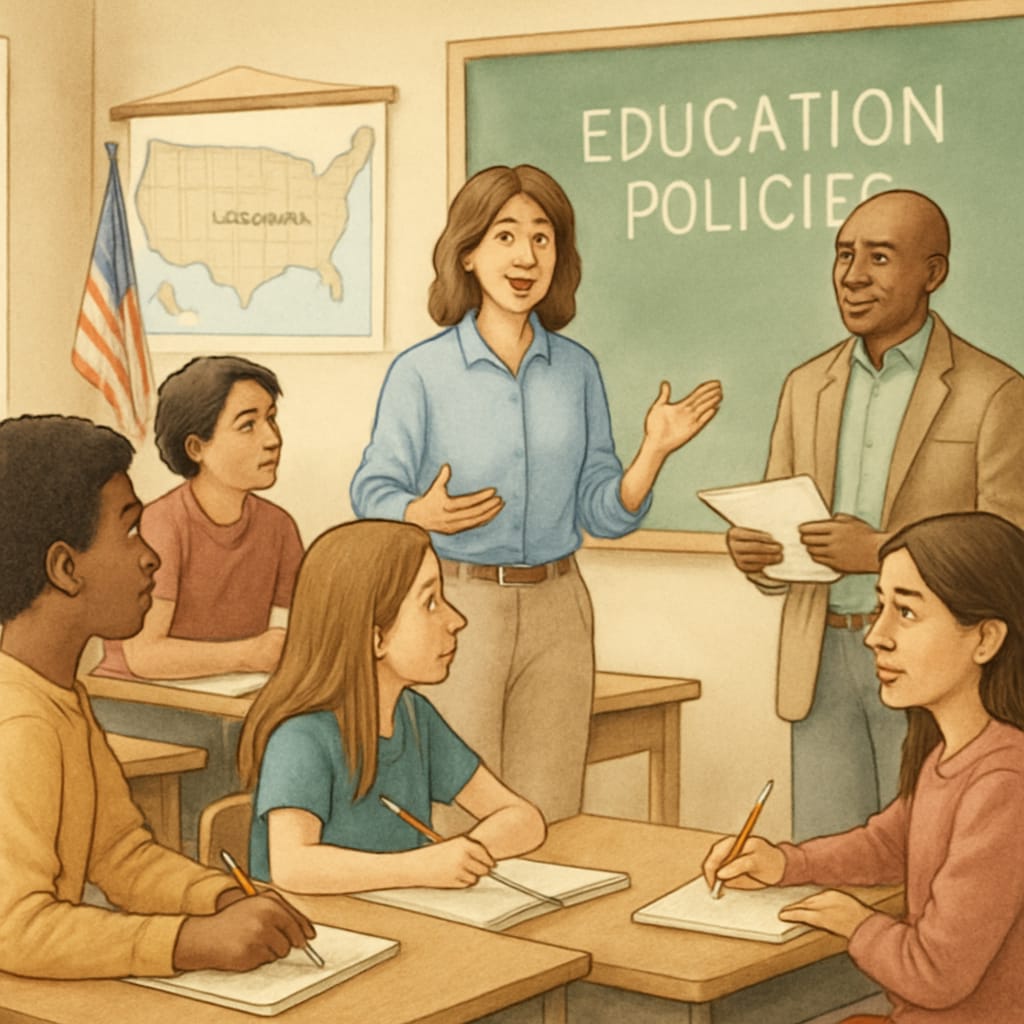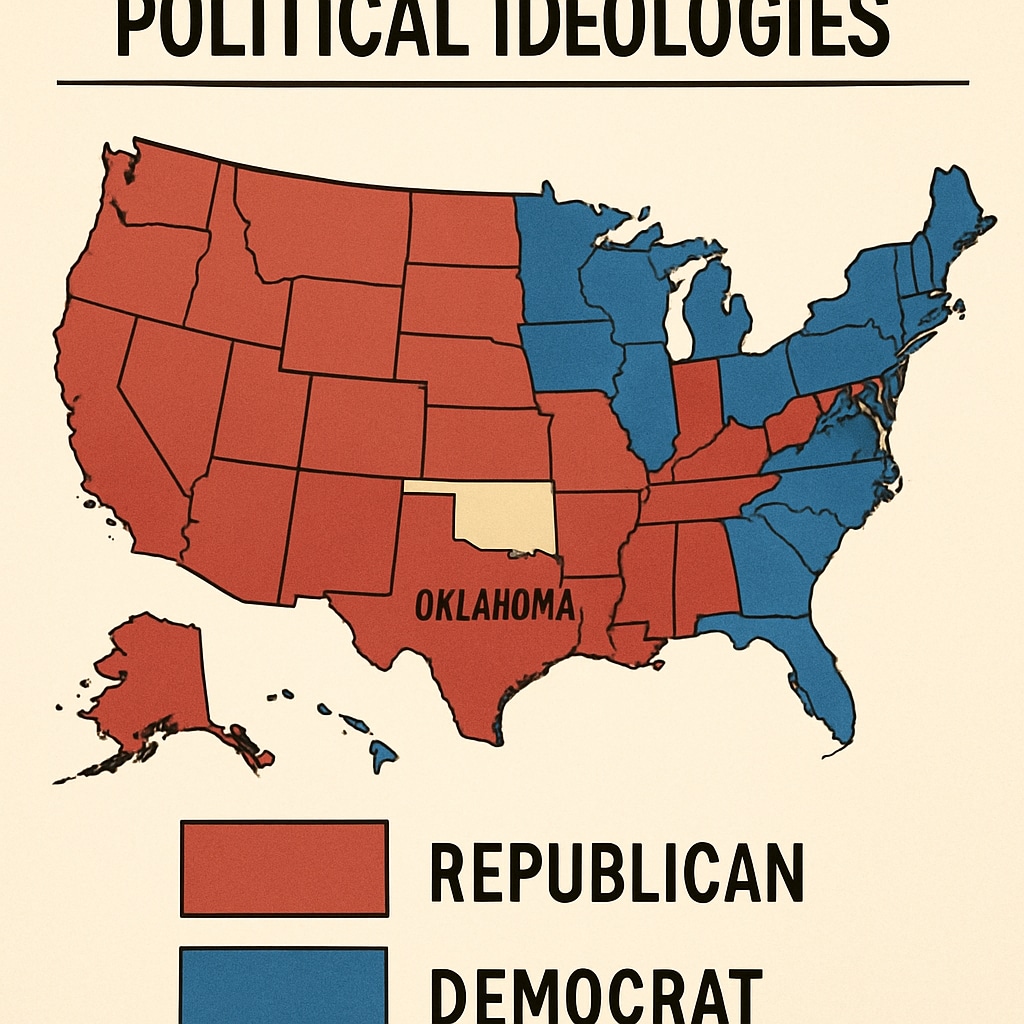Oklahoma’s recent implementation of a political stance test for out-of-state teacher applicants has ignited controversy nationwide. The policy, which evaluates educators’ ideological alignment before approval, raises critical questions about balancing political filtering with the need for diverse educational perspectives. As political polarization deepens across the United States, this development forces educators and policymakers to confront the delicate interplay between ideology and the classroom.
Why Is Oklahoma Screening Teachers for Political Stances?
The decision to introduce a political stance test stems from concerns over ideological bias in education. Oklahoma lawmakers argue that the policy safeguards students from potentially harmful indoctrination and ensures teachers align with the state’s values. Critics, however, question whether such measures stifle diversity and fail to address deeper issues within the education system, such as teacher shortages and curriculum quality.

Proponents of the policy believe it is necessary to preserve the state’s cultural identity and traditional values, especially given the growing ideological divide in the nation. However, opponents emphasize that education should foster critical thinking and exposure to diverse viewpoints, rather than enforcing rigid conformity.
Potential Impacts of the Policy on Education
While the policy may appeal to those seeking ideological consistency, it raises concerns about the unintended consequences for Oklahoma’s education system. Below are some key impacts:
- Teacher recruitment challenges: Out-of-state applicants may hesitate to apply due to fears of discrimination or invasive assessments.
- Reduced diversity: Screening for political alignment could deter candidates with differing perspectives, limiting exposure to diverse ideas in classrooms.
- Legal and ethical concerns: Critics question whether the policy violates constitutional rights, such as free speech and equal opportunity.
Moreover, this policy could exacerbate existing teacher shortages. According to a Britannica article on education, states across the U.S. are already struggling to fill teaching positions due to budget cuts and declining interest in the profession. Adding ideological tests may further discourage qualified candidates from pursuing careers in Oklahoma.

Balancing Political Ideology and Educational Diversity
The crux of the debate lies in balancing political ideology with the need for diverse and inclusive education. While states have the right to establish policies reflecting their values, education inherently relies on the exchange of differing ideas. Scholars often stress that exposure to varying perspectives fosters critical thinking and prepares students for real-world challenges. Limiting these perspectives could hinder educational growth.
For example, a Wikipedia article on academic freedom highlights the importance of protecting educators’ ability to present diverse viewpoints without fear of censorship. This principle is essential for fostering intellectual curiosity and encouraging students to engage with complex topics critically.
To navigate this issue effectively, Oklahoma policymakers might consider alternative approaches, such as teacher training programs that focus on neutrality and balanced classroom discussions. This would address concerns about ideological bias without imposing restrictive screening measures.
Conclusion: The Future of Education in Oklahoma
Oklahoma’s political stance test for out-of-state teachers is a reflection of broader societal tensions regarding ideology and education. While the policy aims to align educators with state values, its implications for recruitment, diversity, and constitutional rights cannot be ignored. As debates about political polarization continue, it is crucial to prioritize educational inclusivity and prepare students for a world that values diverse perspectives. Ultimately, the success of any education system depends not on ideological uniformity but on its ability to inspire critical thought and prepare students for the complexities of modern life.
Readability guidance: This article uses short paragraphs, lists, and balanced sentence structures to ensure clarity and accessibility. Transition phrases like “however,” “in addition,” and “for example” are integrated throughout the text to improve flow and coherence.


